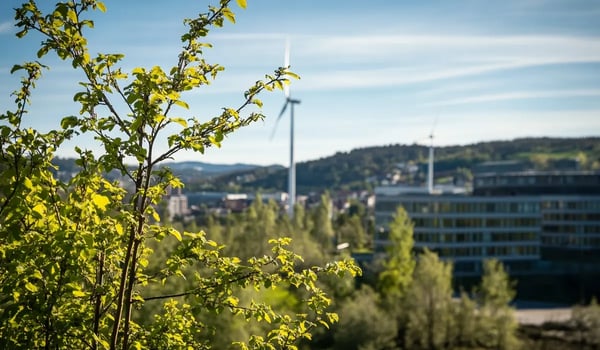The European Commission has introduced a major update to its environmental roadmap, setting a 2040...

Europe’s 2040 Plan: High-Quality Carbon Credits to Support Emissions Goal
1

Radisson Launches Europe’s First Verified Net Zero Hotels
Radisson Hotel Group has taken a major step in sustainable travel by launching its first two...
1

EU Green Bonds Drive Europe’s Net-Zero Transition
The European Commission’s 2024 NextGenerationEU (NGEU) Green Bonds Allocation and Impact Report...
1

HeavyFinance Spearheads Expansion of Soil Carbon Credits in Eastern Europe
HeavyFinance, a climate tech investment marketplace, is making significant strides in...
2



